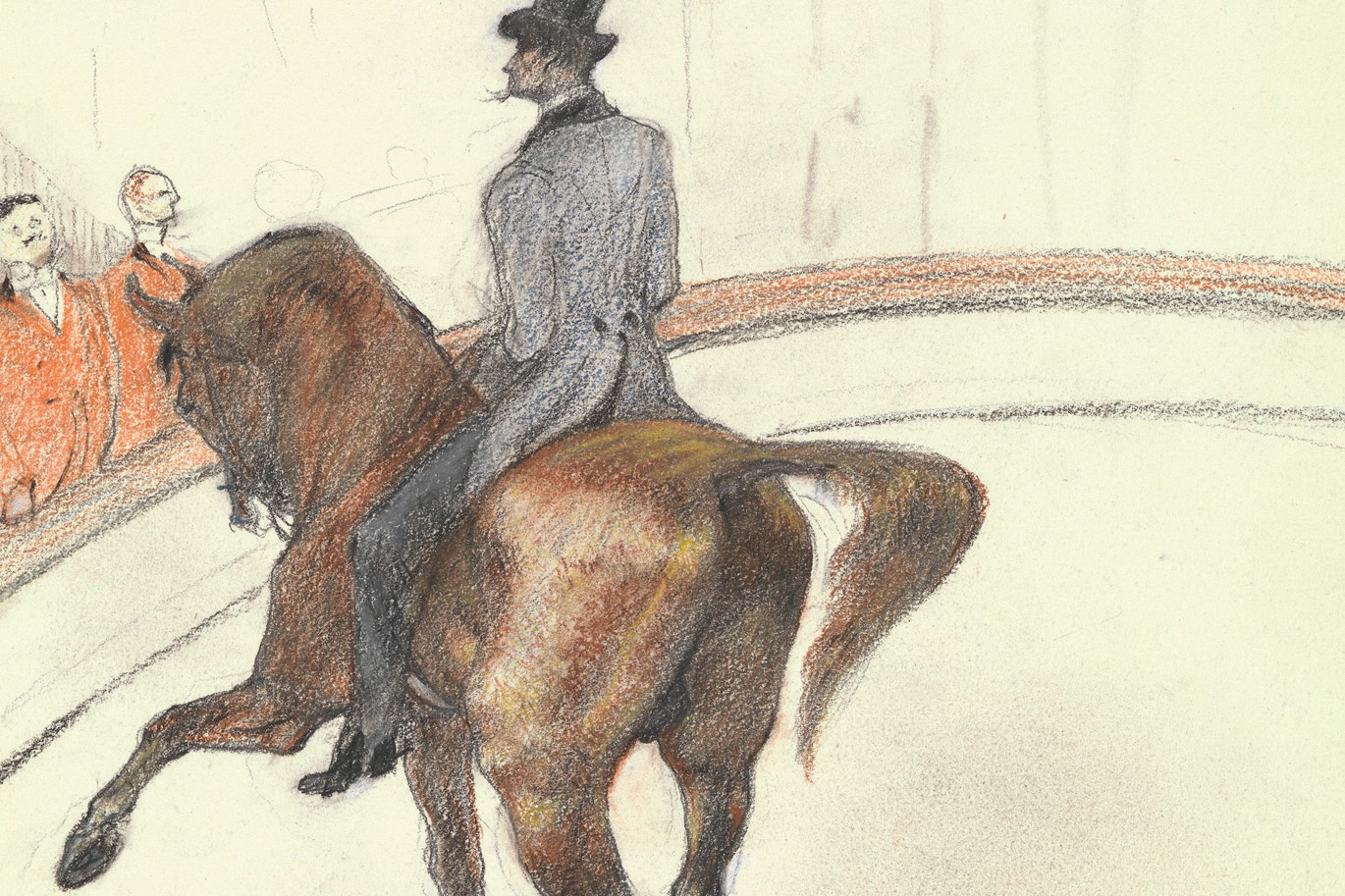- Winter 2019
Meeting Time:
TTh 12:30pm - 1:50pm
Location:
SIG 134
SLN:
10489
Instructor:
Catalog Description:
Surveys the material culture and artistic production of South Asia, which includes the present-day nation states of India, Pakistan, Bangladesh, Nepal, and Sri Lanka, from antiquity until the early modern period.
GE Requirements:
Social Sciences (SSc)
Arts and Humanities (A&H)
Writing (W)
Credits:
5.0
Status:
Active
Last updated:
August 2, 2019 - 9:11pm



